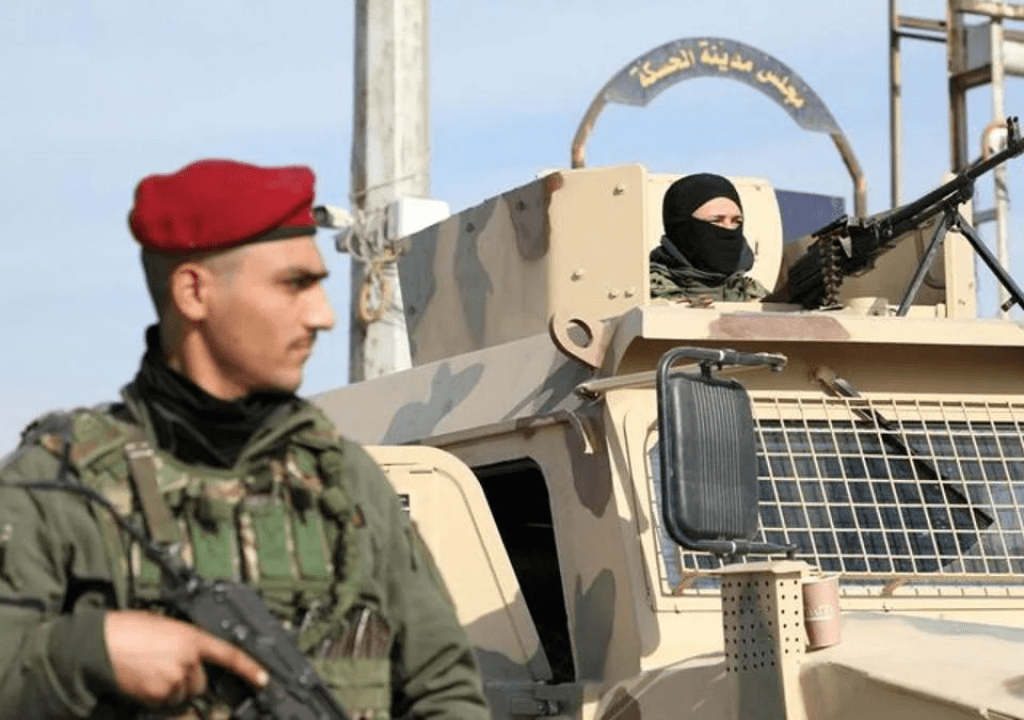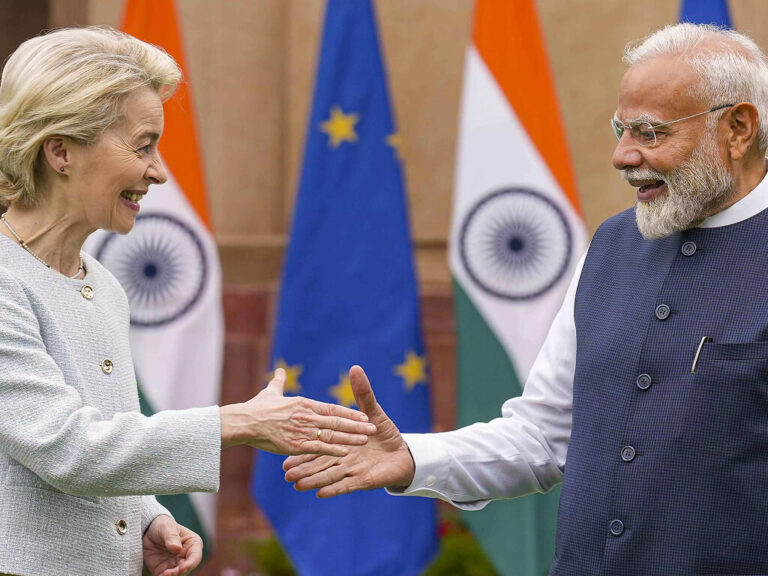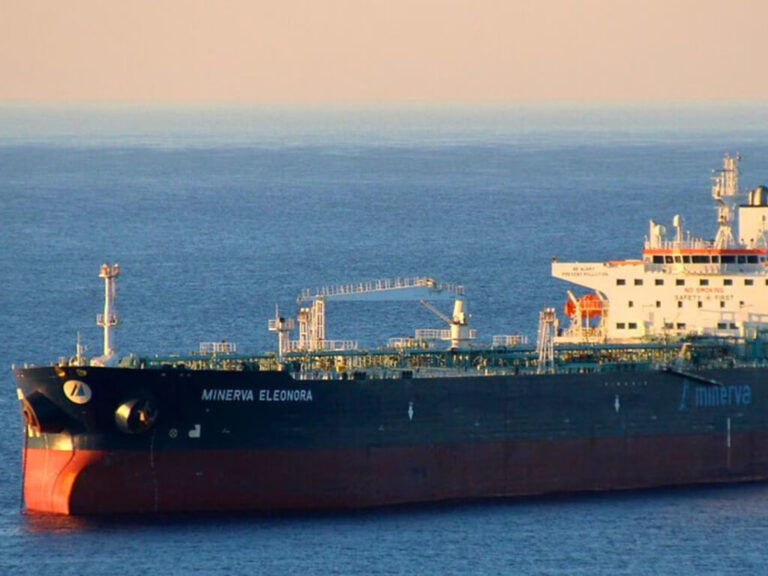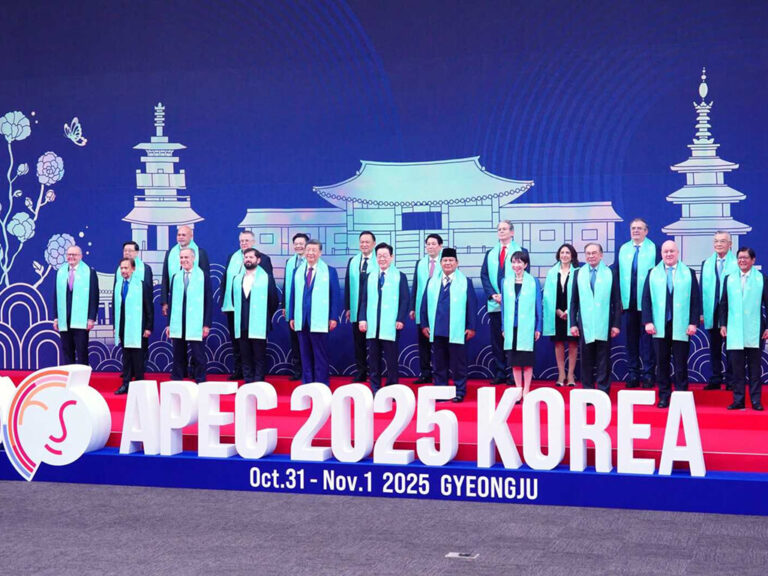Turkey played a key role in ousting the Assad regime from Damascus, earning international praise for its support of HTS and its involvement in ending Syria’s 13-year civil war. This victory marked Turkey’s return to regional politics, an arena once dominated by Israel, Iran, and the Gulf states. For Erdoğan, whose aspirations have long aligned with neo-Ottoman ideals, this achievement was a significant triumph. However, at home, Erdoğan has faced increasing challenges, particularly after setbacks in the recent local elections. Eager to restore his standing, he seeks to present a major accomplishment. As military operations in Syria bolster his narrative, Erdoğan now focuses on resolving Turkey’s long-standing Kurdish conflict, which, if addressed, could strengthen Erdoğan’s domestic position.
Turkey is actively working to improve relations with its Kurdish population. Three months ago, Erdoğan’s coalition partner, Devlet Bahceli, leader of the ultranationalist Nationalist Movement Party (MHP), launched a reconciliation process between the Turkish government and the Kurds. The MHP has long been linked to violent paramilitaries and organized crime, earning a reputation as neo-fascist. In October, Bahceli showed a significant political shift when he reached out to politicians from the People’s Equality and Democracy Party (DEM), a group he had previously condemned as an extension of the banned Kurdistan Workers’ Party (PKK) and called for its ban. This move signals a significant shift, suggesting that Erdoğan plans to resolve long standing issues by bridging two previously opposing forces. Reflecting on his government’s future agenda, President Erdoğan emphasized that decisive steps would be taken to achieve a vision of a terror-free Turkey and region.
For decades, Turkey and the Kurds have been locked in a violent history marked by bloodshed, with both sides accusing each other of terrorism. At the heart of the conflict lies the PKK, the Kurdish Workers’ Party, which initially sought independence from Turkey before turning to violent resistance. The PKK, designated a terrorist organization by multiple Western countries, including the EU and the US, has been in armed conflict with the Turkish state since 1984. The conflict has claimed around 40,000 lives between 1984 and 2009. Abdullah Öcalan, the PKK founder, has been serving a life sentence on Imrali Island near Istanbul since 1999. In a surprising twist, Bahceli, known for his tough stance, recently suggested that Öcalan could be released in exchange for renouncing violence and dissolving the PKK. This came as a shock, given that Bahceli’s party had previously called for reinstating the death penalty, particularly to execute Öcalan.
Shortly afterward, Bahceli publicly addressed the “Millennial Brotherhood” between Turks and Kurds, clarifying that Turkey’s issue was not with the Kurdish people, but with their separatist terrorist organization. Öcalan responded, asserting that he had the competence and determination to contribute positively to the new paradigm. On December 28, two representatives from the pro-Kurdish DEM visited Öcalan at Imrali prison and expressed optimism about the future. Currently, DEM politicians are engaged in discussions with both Erdoğan’s government and the opposition. Significant developments are unfolding that could potentially bring an end to the decade-long hatred and violence.
At the same time, across the border in Syria, Turkish-backed militias continue to battle Kurdish YPG fighters, whom Turkey sees as a threat to its territorial integrity. While Turkey regards the YPG as a Syrian offshoot of the PKK, the US supports the Kurdish YPG fighters in Syria, further complicating the region’s balance of power. Meanwhile, Turkey demands that Syria’s transitional government disband the YPG militia, which controls significant parts of northern Syria. However, achieving this is not easy. After years of conflict, the YPG has established itself as a powerful force in northeastern Syria. Regardless of potential agreements with Turkey, it remains highly unlikely that the YPG will disarm. Turkey now fears that Kurdish extremists from its territory could gain a permanent foothold in northeastern Syria under YPG control and continue their operations against Turkey. Many experts believe that Erdoğan’s efforts to bring peace aim to integrate the Kurds within Turkey’s borders while seeking to avoid the rise of pan-Kurdish nationalism.
While many in Turkey remain hopeful about the possibility of building stronger ties between Turks and Kurds, some view this as little more than election-driven politics rather than a genuine shift in public sentiment. Erdoğan’s Justice and Development Party (AKP) can no longer win elections without the Kurdish vote, which represents 15% to 20% of Turkey’s population. The Erdoğan administration faces a significant political and economic crisis, as evidenced by the spring 2023 local elections. In the current climate, Kurdish voters tend to lean toward opposition candidates, forcing Erdoğan and his party to secure their support to remain in power. Politics can sometimes be a catalyst for peace.








